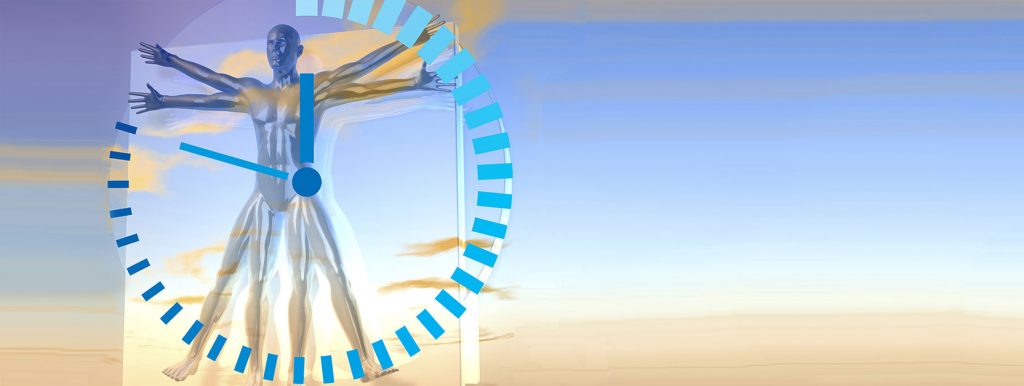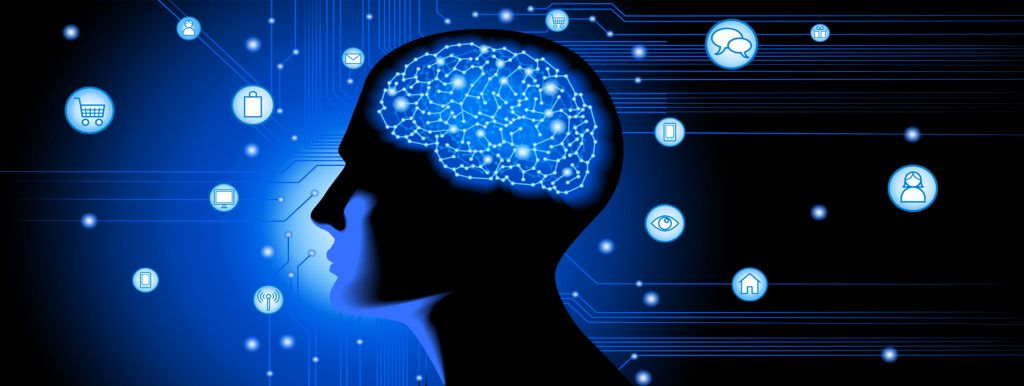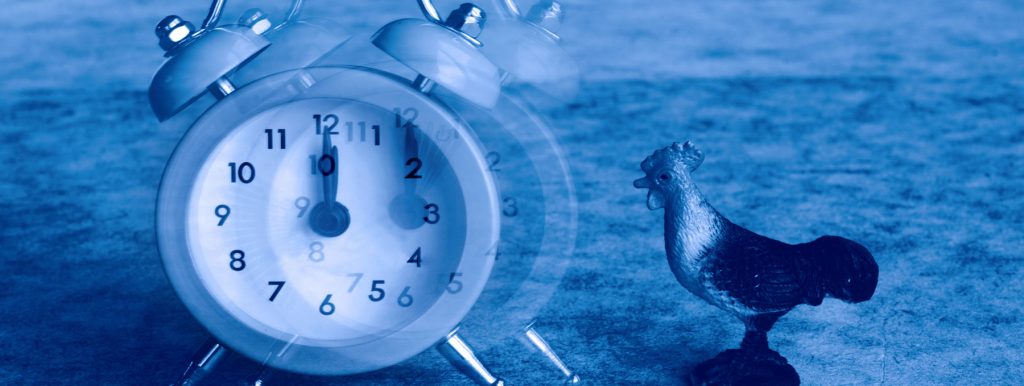Chronobiology refers to the process by which organisms time their behavior and physiology so that everything behaves rhythmically. In other words, it is biological timing. It is the rhythms of life; the internal clocks that control when you wake up, eat, digest your food and perform nearly every function that an organism is to perform. […]
Chronobiology and How Our Internal Cycles Are Affected By External Factors
Chronobiology is an emerging area of study in the field of biology. It looks at how physical, mental and emotional cycles of humans and animals are affected and regulated by various natural rhythms, particularly those of the moon and sun. Sometimes called “circadian biology,” chronobiology is a multidisciplinary study that can touch on many elements […]
Shift Work Could Lead to Impaired Cognitive Function and Memory
In a study involving more than 3,000 men and women performed by scientists in Sweden and France, participants whose work hours weren’t the typical “9-to-5” were found to exhibit impairments in both long- and short-term memory, brain processing speed and cognitive function. Like chronic jet lag, shift work can throw the body’s circadian rhythm, or […]
How Shift Work Negatively Affects Our Biological Rhythms
Modern industries keep people working around the clock. Outside of the general nine-to-five grind, shift workers exist. These people work late hours, rotate their hours from week to week, or try to work on through until dawn. As they consume one cup of coffee after another to keep their REM pressure at bay, the constant […]
Daylight Saving Time: 60 Minutes is No Small Change
When we gain an hour the first Sunday in November due to the return to standard time, our internal clock is better able to adjust than it is in the spring when daylight saving causes us to lose an hour of sleep. The German chronobiologist Dr. Jan-Dirk Fauteck has evaluated scientific data on this biannual […]









